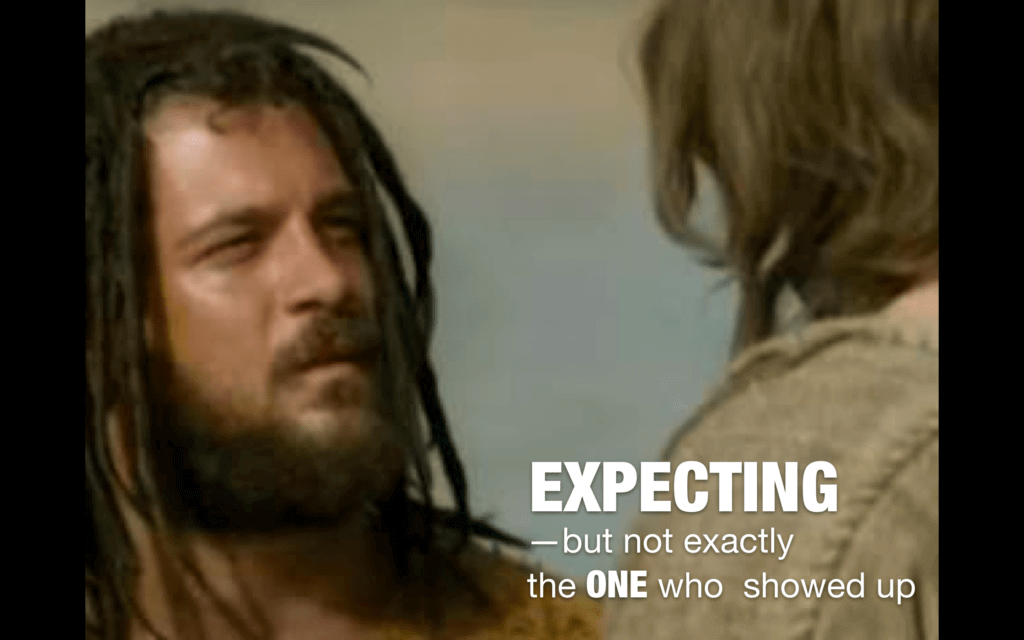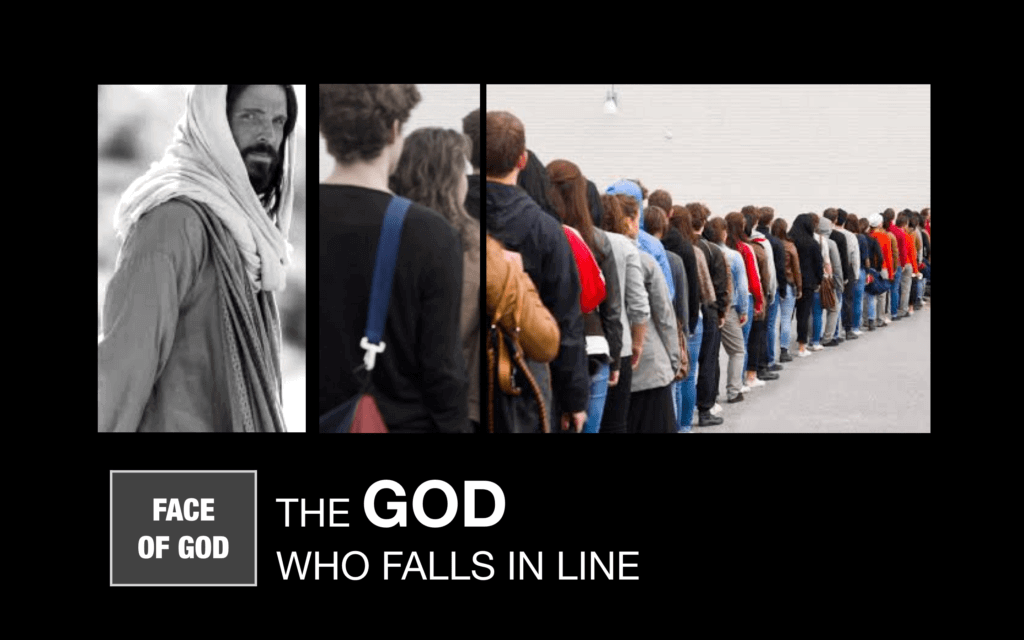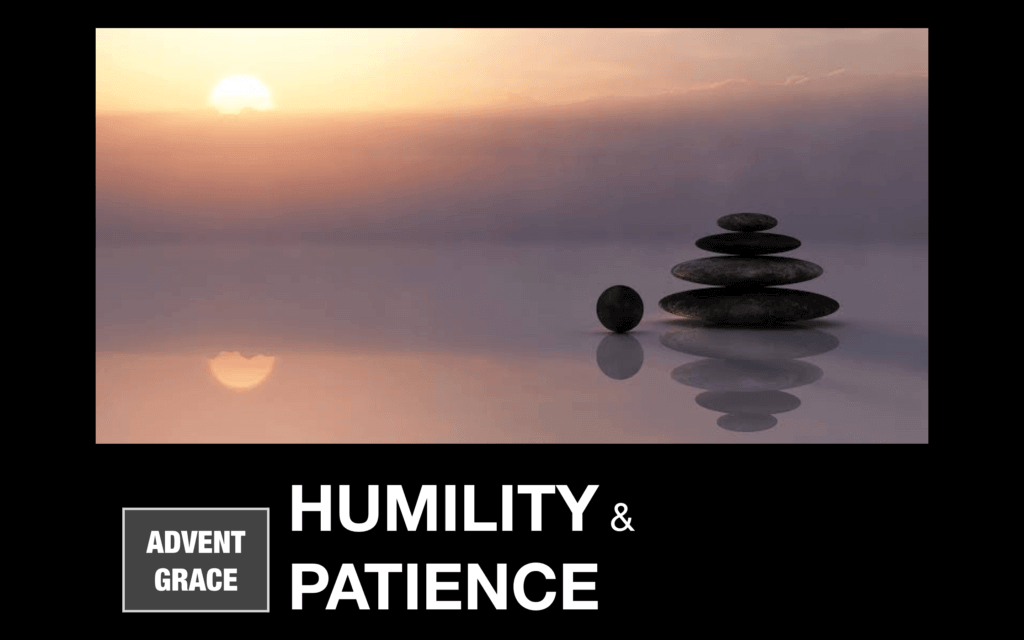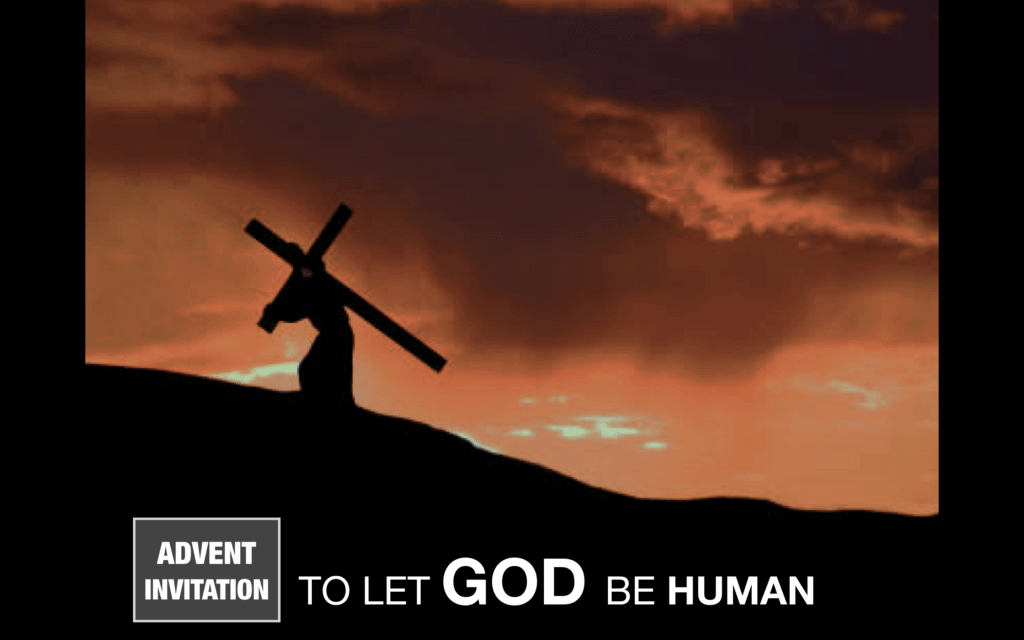John the Baptist, as well as his disciples, must have been bewildered by Jesus’ request. “Baptize him?”
But John saw that Jesus was serious about his request, and though he did not understand, he decided to trust Jesus, going ahead to baptize him even if he knew that it should be him getting baptized by Jesus.

All his life he had expected Jesus. We don’t know how many times they met after that first time at the Visitation, but this moment, when he was to introduce Jesus just at the beginning of Jesus’ Public Ministry, to give way to him, “to decrease as Jesus would increase”–John the Baptist had waited for this moment all his life.
But this was not at all what he had expected. When we expect something, we have a more-or-less definite idea about what we are waiting for.
Is this the kind of waiting that you might be going through in your life? Do you already have idea of what you’re waiting for–perhaps an idea too definite and too clearcut?
The way Jesus began his public ministry was certainly not what John the Baptist had been waiting for: He had expected the Messiah to begin his mission with majesty, immediately striking awe and fear in the hearts of their enemies.
Instead he was met by a humble Messiah, one who chose to identify with sinners by receiving baptism from him. John the Baptist knew better than to resist revising his expectations!
This was a Messiah who wanted to identify with us sinners and to be close to us. More, he was a Messiah who opted to fall in line, and wait for his turn, with not a trace of any sense of self-entitlement.

John the Baptist’s encounter with Jesus revealed an entirely new face of God: A God who falls in line. A God who is patient and humble.
When you think about it, that is exactly what the Incarnation tells us about God. Ours is a God who took refused to take any shortcut in his mission to save us. He didn’t just appear on the face of the earth, a full-grown adult, ready for work! He preferred to go through the entire slow and tedious process of being human, starting with infancy.
And such is the grace that the Lord may be offering you this Advent: The graces of humility and patience.

Most people I know have very clear expectations about God. They want their God to be all-powerful, period, a little bit like a superhero from the Marvel universe. But the Incarnation is all about a God who, though all-powerful, chooses to fall in line, to be humble and patient.

If this is the kind of waiting you are going through in your life, is it possible that this year’s Advent invitation to you is to give permission to God to be what he wants to be–i.e., human?
Pause here for a while and think about these questions:
Are you willing to let God be completely human? As the Letter to the Hebrews puts it, “he was like us in all things, except sin.”
If you sense some reluctance, what could be the reason for this? What are you afraid of?
Take time to reflect on these questions before moving to the next section.